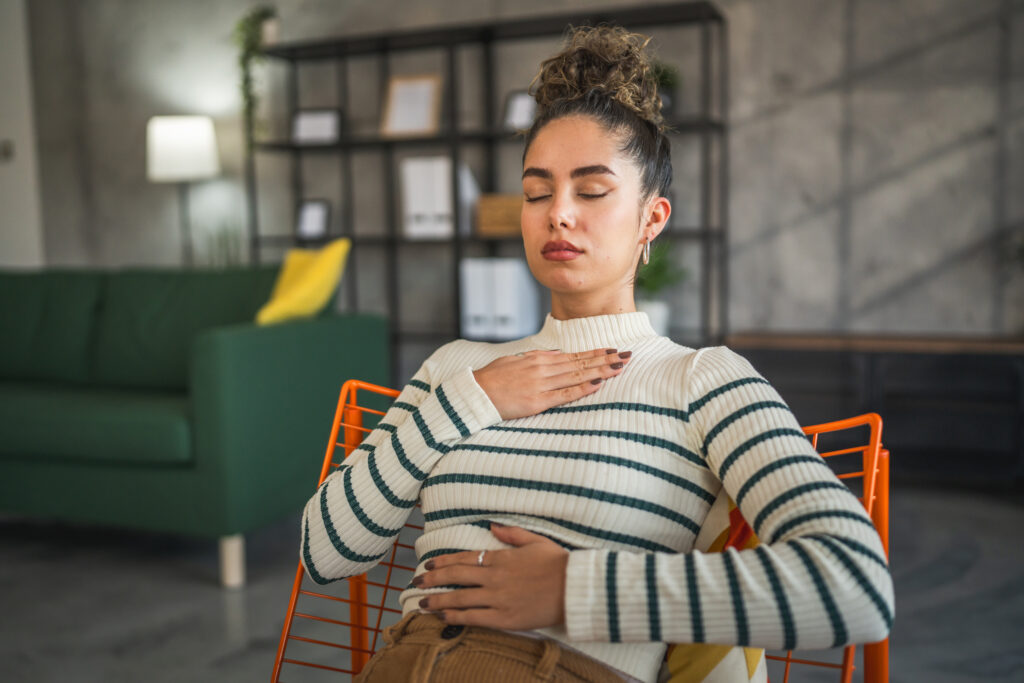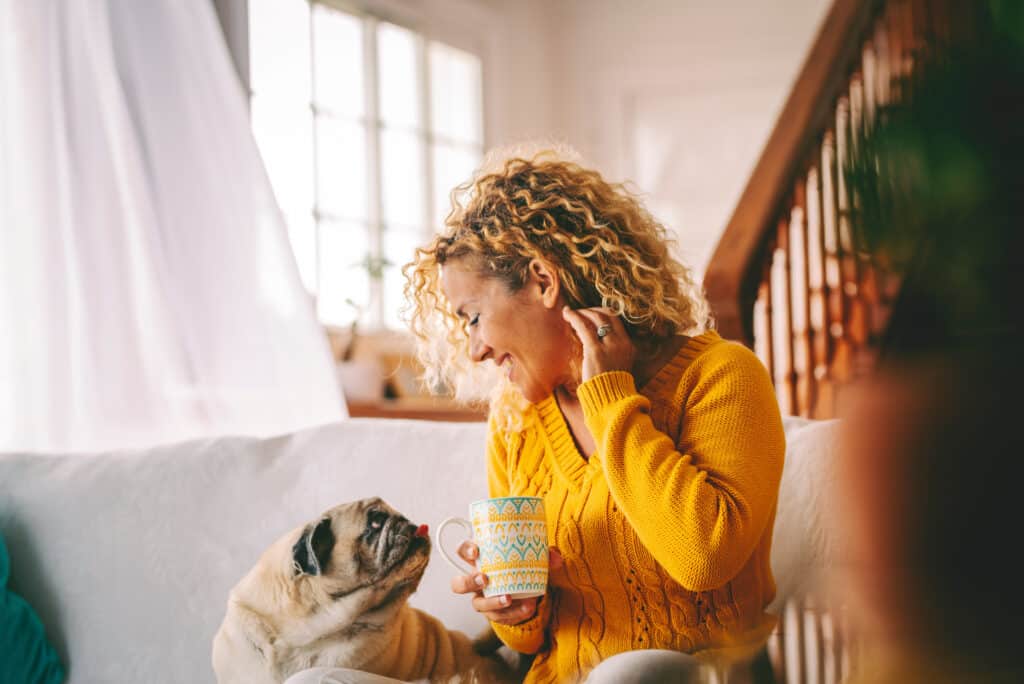In my last blog post, I addressed the impact of the COVID-19 pandemic on panic sufferers. Now, let’s turn to PTSD. We know that recurrent panic attacks and PTSD are related. The majority of people with PTSD have panic attacks as part of their symptoms, and recent research indicates that people with Panic Disorder at higher risk for developing PTSD after traumatic situations. Unfortunately, the current corona virus pandemic has greatly expanded the risks of trauma exposure. This global event is both different and similar to other mass traumatic events such as 9/11 and Hurricane Katrina. Those events were localized, sudden, and had visible consequences. CV-19 is global, unfolding over months, and largely invisible except for scenes from intensive care units and empty streets.
Of course, trauma exposure is ever-present for first responders and hospital personnel. In ‘hot spot’ settings such as New York City and New Orleans, the unrelenting illness and risk of personal infection can overwhelm coping resources. The fear of bringing the infection home to family only heightens the stress. For the rest of us who are not exposed so directly, the pandemic can be traumatic in more subtle ways. Loss of jobs, economic uncertainty, social isolation, and confinement to the home can be sources of trauma. We are hearing from veterans’ groups that wearing a mask can be triggering for veterans who were exposed to threat of chemical attack in combat situations. Unexpected deaths and the inability to gather to mourn can be massively stressful for those directly affected.
New traumatic exposure can trigger acute stress and post-traumatic stress disorders in individuals with no prior history. People with prior history of PTSD or limited symptoms may experience the development of the full range of PTSD symptoms with these new stressors. The information overload in the media can be overwhelming, with a toxic combination of unrelenting bad news and uncertainty about the future. We expect a somewhat delayed mental health reaction after the initial adjustments to the pandemic. Research following Katrina showed 50% increases in PTSD in the year following the storm. It’s not only the external situations that can affect at-risk individuals. Similar to Panic Disorder, people with PTSD may be hypersensitive to unfamiliar or distressing bodily sensations. It seems almost daily that we hear of new symptoms related to CV-19, which can heighten the fearful response to unfamiliar sensations such as shortness of breath or changes in smell or taste and then provoke stress symptoms.
So how can we be prepared? It’s not unusual for family members to be aware of changes related to trauma-related stress before the affected individual acknowledges their struggles. Nightmares, increases in drinking, irritability, isolation, exaggerated startle reactions and emotional numbing can be early warning signals of a stress disorder. Fortunately, behavioral health assessments and treatments via telehealth are more widely available now, as most office-based care has been temporarily suspended. Government and private insurers are encouraging use of mental health resources by making services available to the patient’s home and at times waiving co-pays and deductibles. Early intervention can make a great difference in preventing long-term stress reactions.
Freespira is now available as a treatment for PTSD following diagnosis and authorization by a licensed healthcare professional. Positive results from clinical trials at the Palo Alto VA Hospital (both veterans and civilians) resulted in the FDA granting clearance for Freespira as a treatment for PTSD. Results from this clinical research showed over 80% of participants achieving significant improvement, with 50% fully recovered from their PTSD symptoms 6 months post-treatment. Fortunately, Freespira can be provided entirely in the home, without any in-person contact. Authorization, training, and follow-up can be done completely via telehealth. Palo Alto Health Sciences is committed to making Freespira available to those in need during this crisis and beyond. We are in active negotiations with the Veterans Administration and major insurers to expand coverage for Freespira for panic and PTSD.



